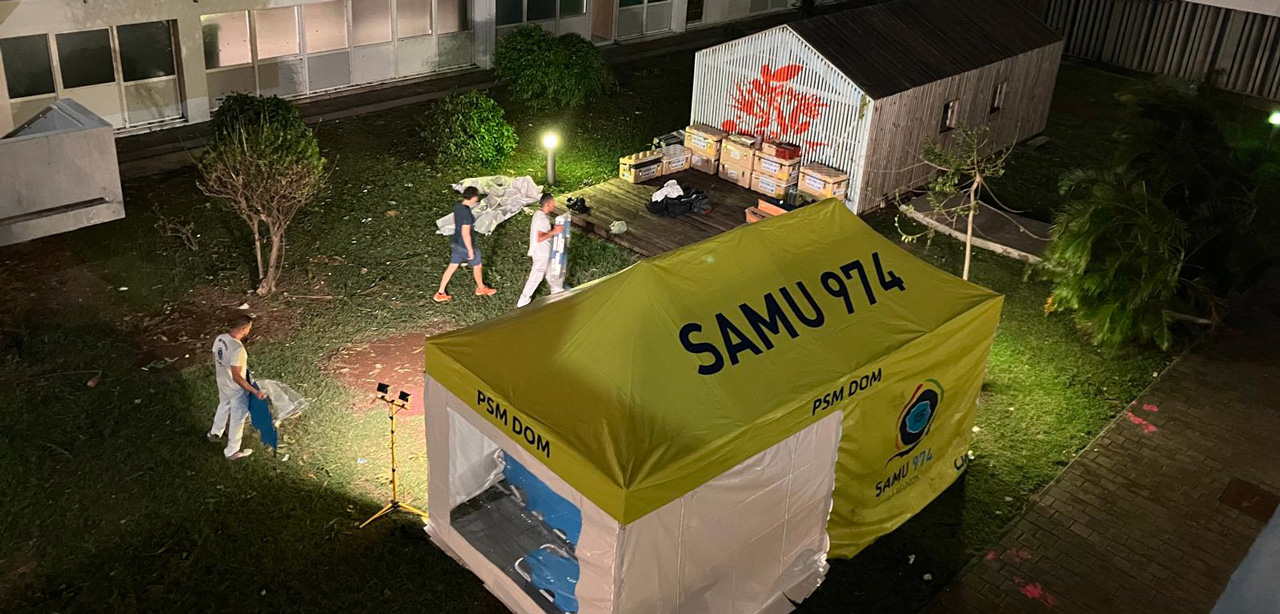Background: despite substantial screening for HIV, hepatitis B virus (HBV), and hepatitis C virus (HCV) infections in France, a great number of infected persons remain undiagnosed. In this context, Santé publique France experimented with a new screening approach for HBV, HCV, and HIV infection, based on home self-sampling using dried blood spot (DBS) for blood collection. Objective: the objectives of the BaroTest study were to assess the acceptability and feasibility of this approach and to update the prevalence estimates of HBV, HCV, and HIV infections in the general population. Methods: participants were enrolled using the 2016 Health Barometer, a national cross-sectional telephone survey based on a large representative sample of the general population aged 15 to 75 years (N=15,000). Upon completion of the questionnaire, any participant in the Health Barometer aged 18 to 75 years, having medical health insurance, and not under guardianship was invited to receive a self-sampling kit delivered by standard postal mail and to return the DBS card to the laboratory. The laboratory was then responsible for reporting the results to the participants. Acceptability of the protocol was based on the percentage of eligible individuals agreeing to receive the self-sampling kit, on the proportion of people returning the DBS card, and on the proportion of participants out of the total eligible population. The feasibility of the approach was based on the number of participants with adequately filled blood spots and the number of participants with blood spots for which at least one virological analysis could be performed. A complex system of reminders was implemented to increase the participation rate. Accordingly, we assumed that 35.00% (4900/14,000) of eligible persons would accept and return their DBS card. As the highest expected prevalence was for HBV infection, estimated at 0.65% in 2004, 5000 persons would make it possible to estimate this prevalence with an accuracy of approximately 0.22%. All indicators can be analyzed according to the characteristics of the participants collected in the Health Barometer questionnaire. BaroTest was approved by the French Ethics Committee (November 11, 2015) and the Commission on Information Technology and Liberties (December 24, 2015). The study has been registered by the French medical authority under number 2015-A01252-47 on November 10, 2015. Results: the results on acceptability and feasibility are expected in the last quarter of 2018 and those on the prevalence estimates in the first semester of 2019. Conclusions: the BaroTest results will help to inform new strategies for HIV, HBV, and HCV screening, and the Health Barometer provides a reliable updated assessment of the burden of HBV, HCV, and HIV infections in the general population in France while reducing the costs typically associated with this type of research.
Auteur : Lydié Nathalie, Saboni Leila, Gautier Arnaud, Brouard Cécile, Chevaliez Stéphane, Barin Francis, Larsen Christine, Lot Florence, Rahib Delphine
JMIR Research Protocols, 2018, vol. 7, n°. 10, p. 1-10


